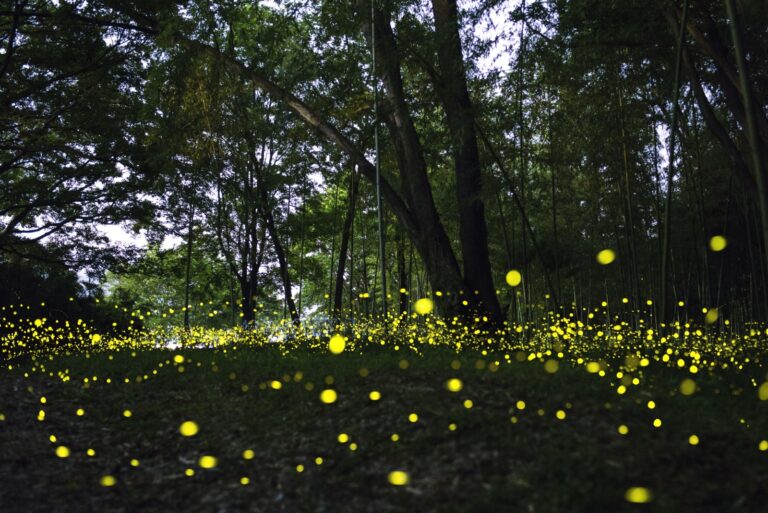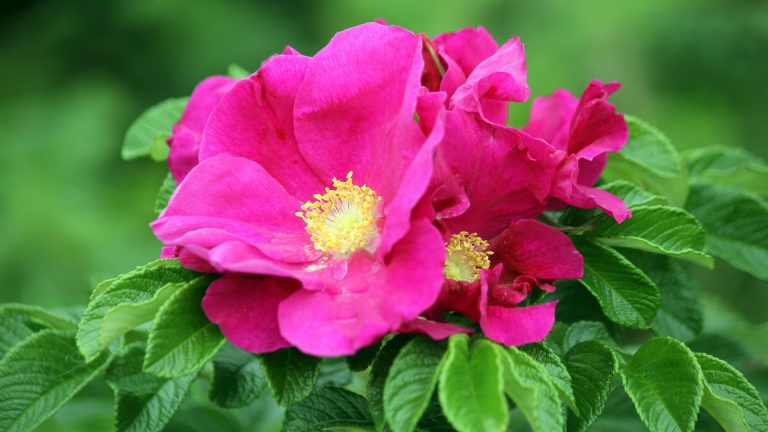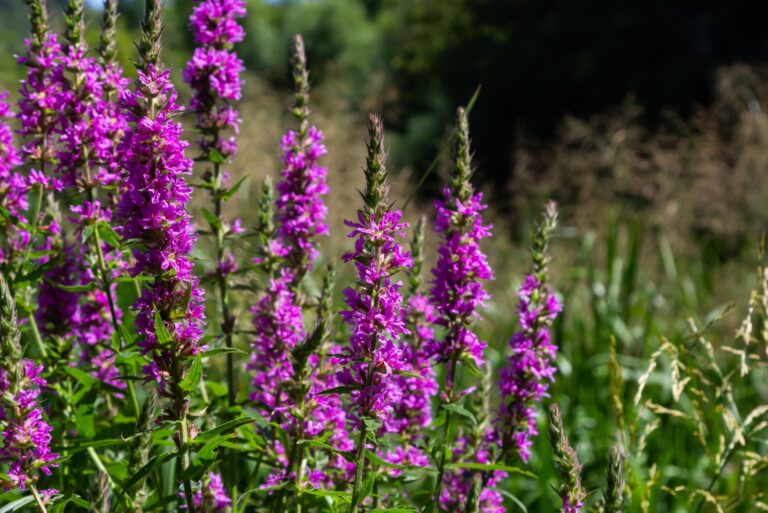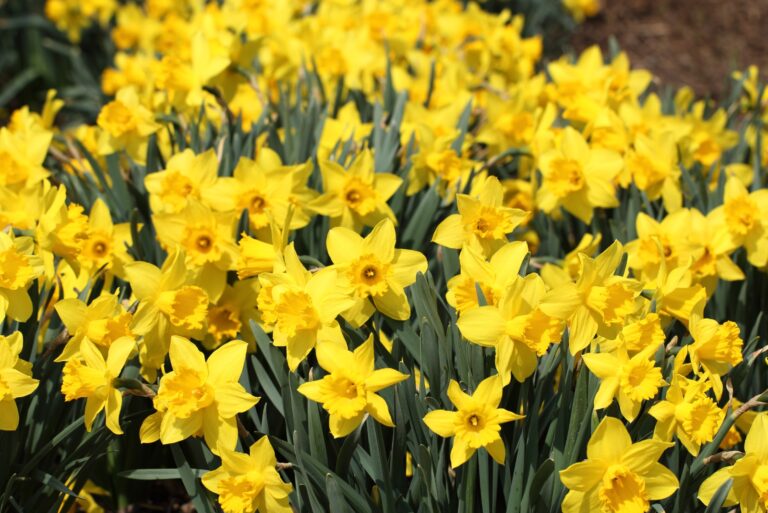7 Things Arkansas Homeowners Should Know Before Removing Possums From The Yard
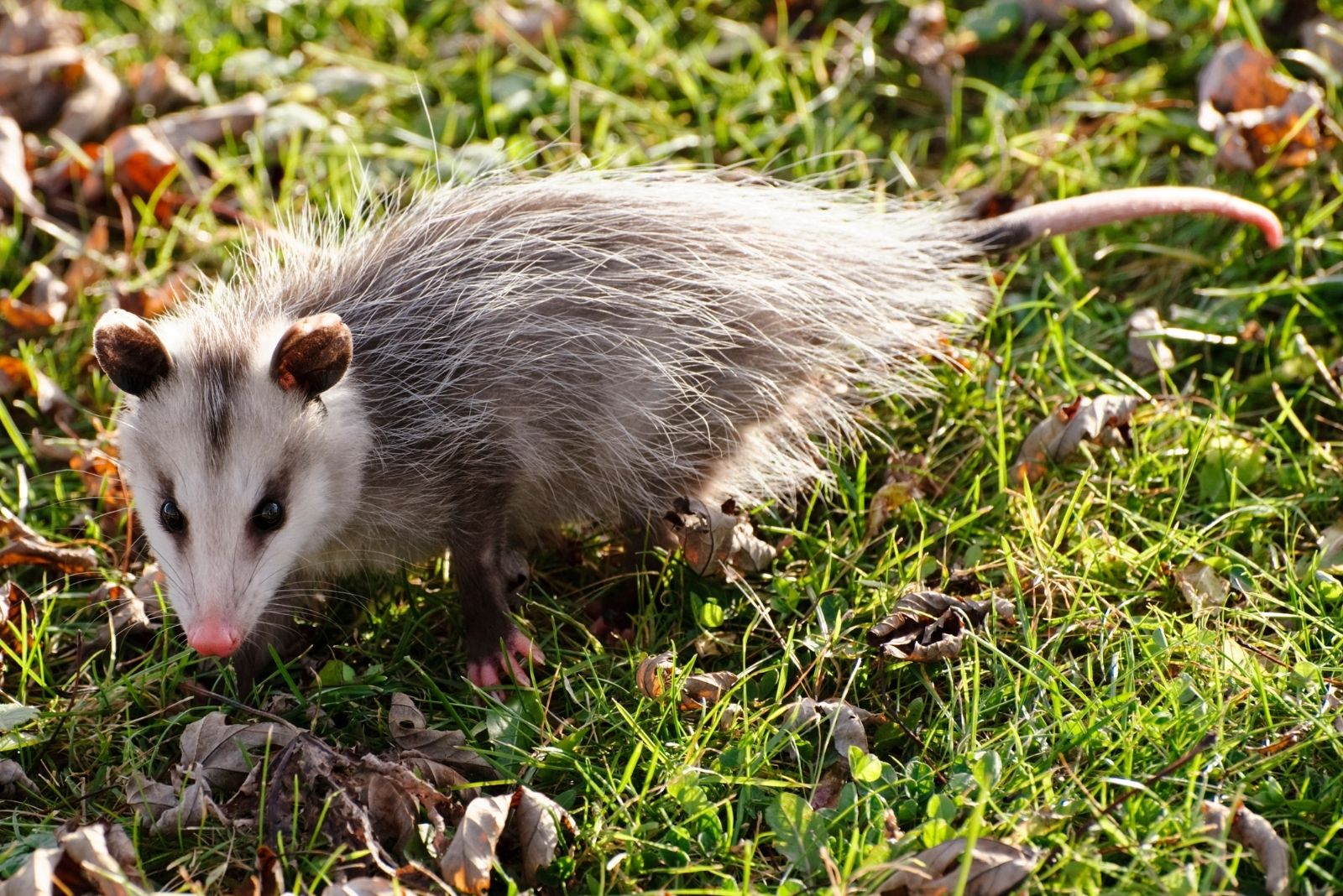
Possums might look a little quirky with their pointy snouts and long tails, but they’re surprisingly helpful. In Arkansas yards, these nighttime visitors quietly clean up pests and fallen fruit. Before rushing to shoo them away, it’s worth learning what they actually contribute.
Possums play a role in keeping your garden balanced and your space a little cleaner. I’ve found that knowing how to handle them respectfully makes all the difference. It’s about making smart choices that protect your yard—and the wildlife that shares it.
1. Possums Are Actually Helping Your Property
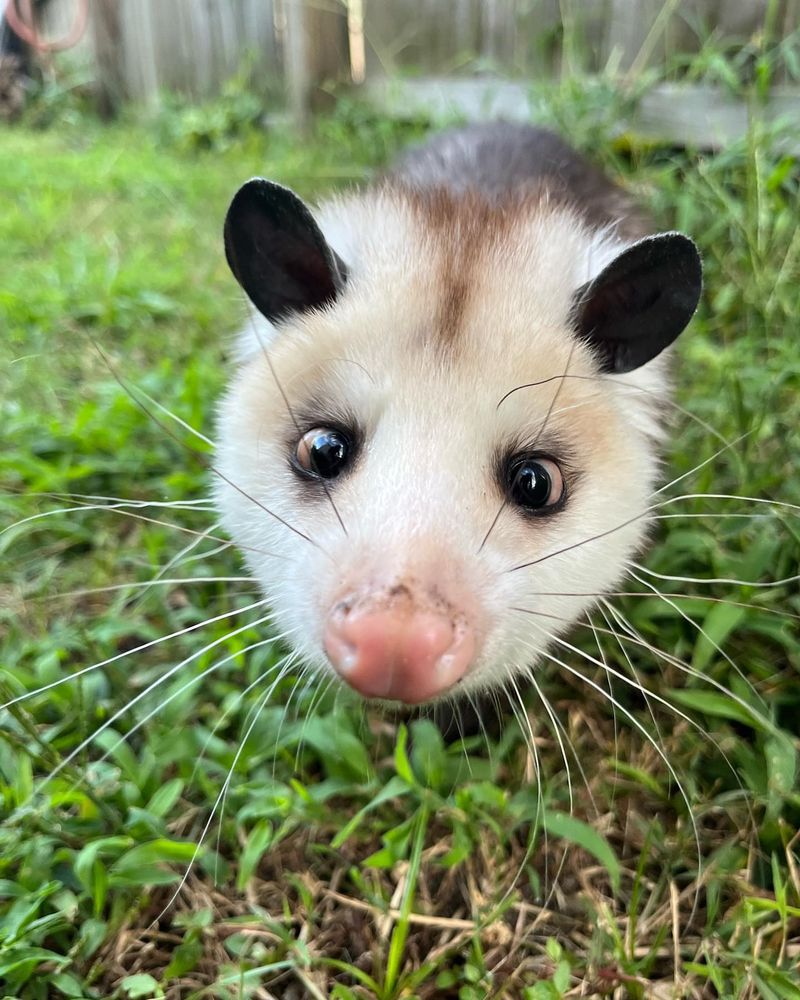
Many Arkansas homeowners don’t realize possums eat thousands of ticks each season, which helps reduce Lyme disease risk in your family and pets. They also munch on cockroaches, rats, mice, and venomous snakes that wander into yards.
Instead of being pests, possums work like natural pest control that costs you nothing. They clean up fallen fruit, dead animals, and other rotting materials that might attract flies or other unwanted critters to your outdoor spaces.
2. They’re Protected By State Regulations
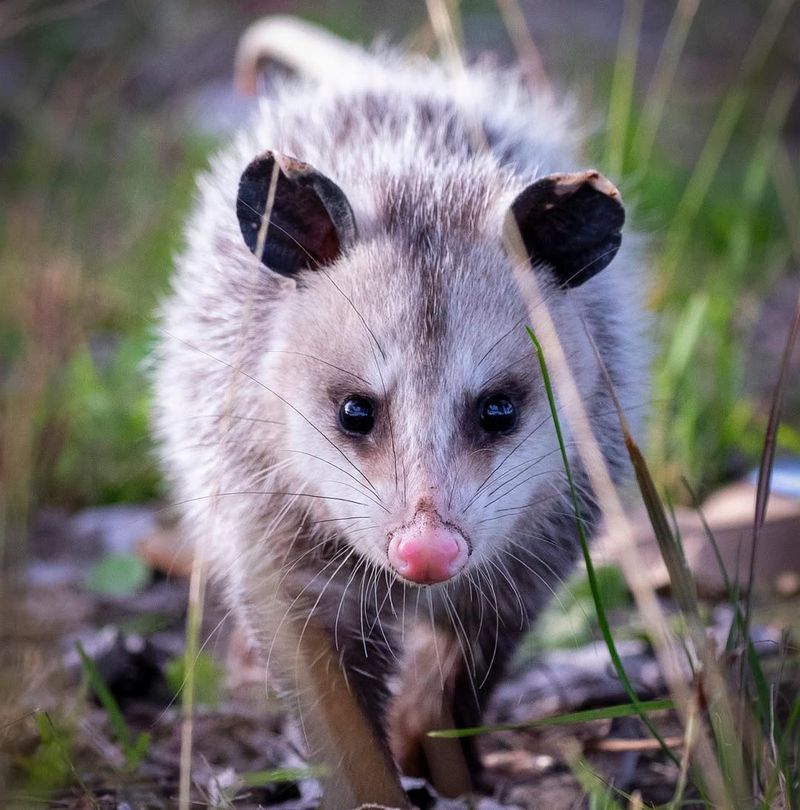
Arkansas wildlife laws classify possums as furbearing animals, meaning you can’t just trap or remove them whenever you feel like it without following specific rules. Homeowners need proper permits during designated seasons, and some removal methods are completely illegal year-round.
Breaking these regulations can result in fines or other penalties from the Arkansas Game and Fish Commission. If you’re dealing with a possum problem, contact a licensed wildlife removal professional who knows the legal requirements and can handle everything properly.
3. Possums Rarely Carry Rabies
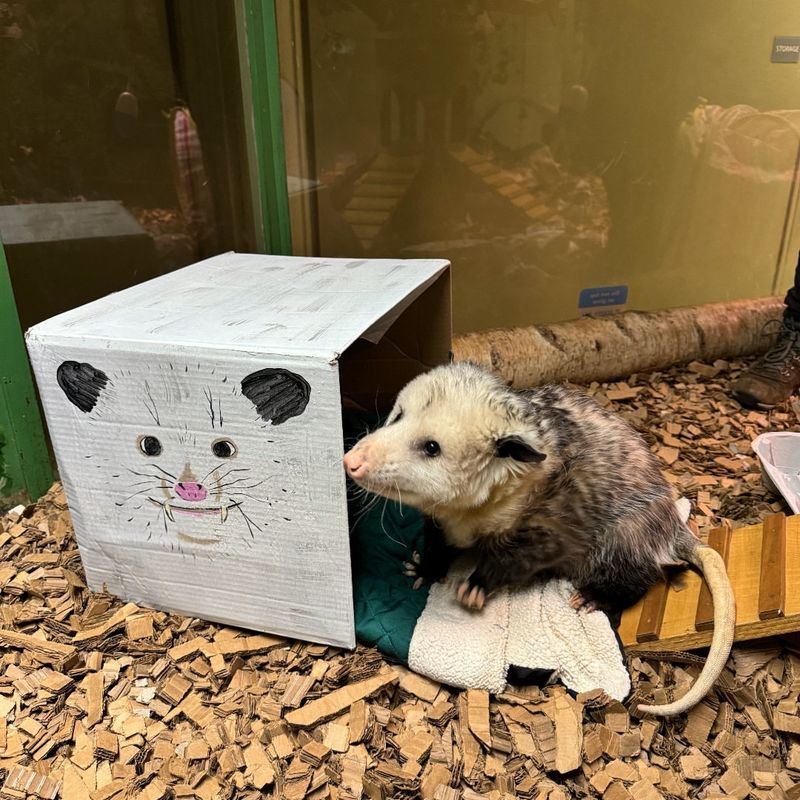
One common fear keeps people from tolerating possums, but science shows their body temperature runs too low for the rabies virus to survive. Compared to raccoons, skunks, or bats, possums present almost zero rabies risk to Arkansas families and their pets.
They might hiss and show their teeth when scared, which looks aggressive but is really just a bluff. Possums would much rather waddle away than fight, and they’ll even play dead if they feel truly threatened by you or your dog.
4. Removal Might Just Invite Worse Problems
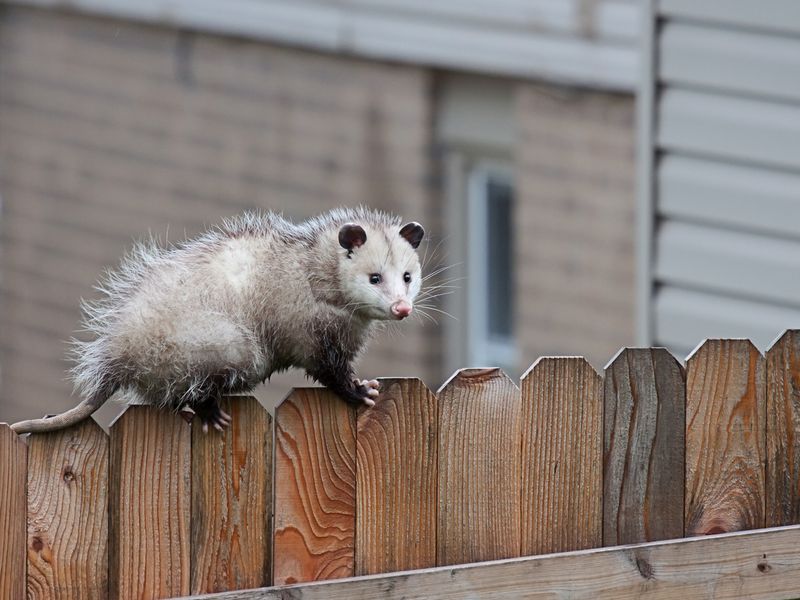
When you remove a possum from your Arkansas yard, you’re basically putting up a vacancy sign for other animals that might cause more trouble. Raccoons, rats, and feral cats often move into empty territories, and these creatures can damage property, spread disease, and make bigger messes than possums ever did.
Possums are actually quite territorial once they settle in, which means they keep other wildlife from taking over. Sometimes the animal you know is better than the one waiting to replace it.
5. Simple Changes Can Encourage Them To Leave
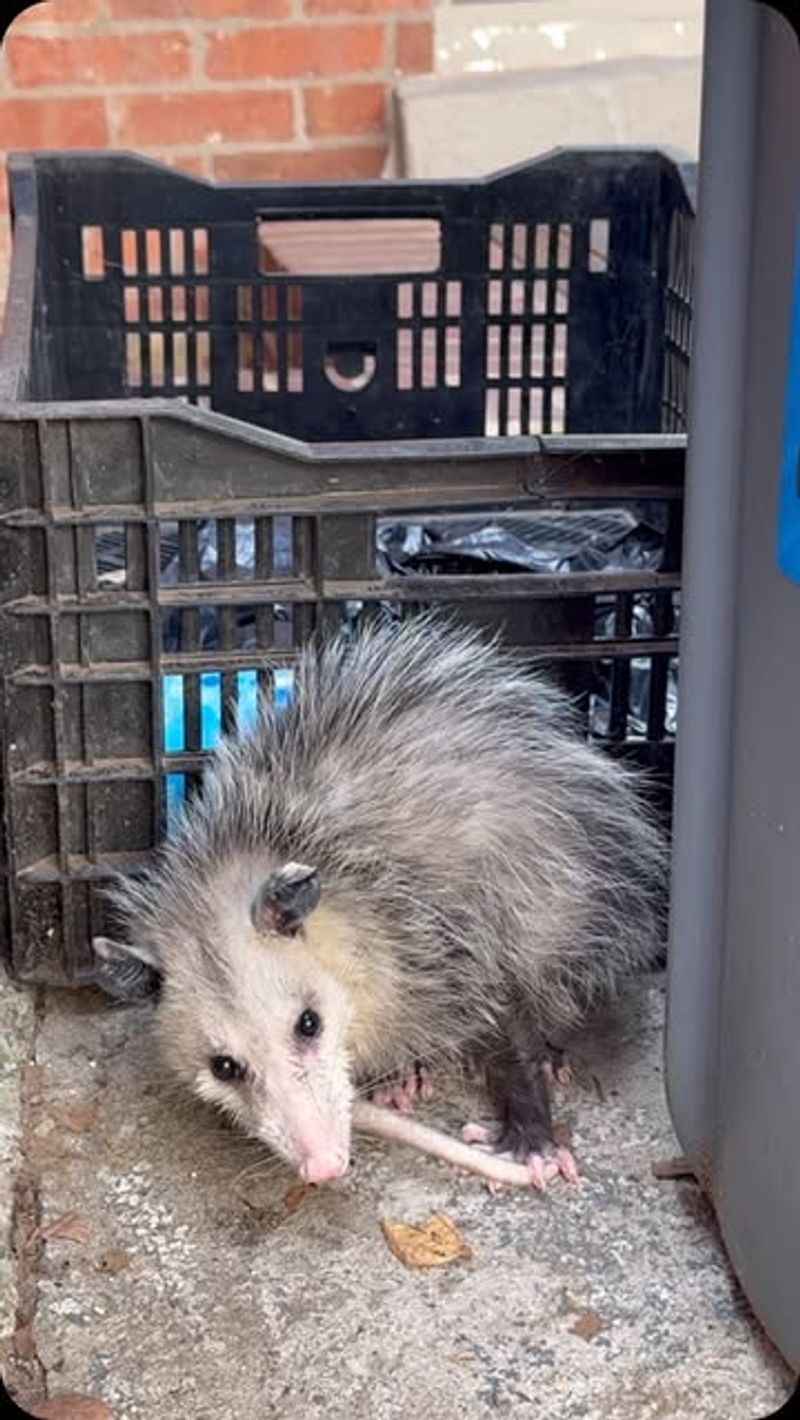
Before calling an expensive removal service, try making your Arkansas property less attractive to possums by securing trash cans with tight lids and picking up pet food before nightfall. Remove brush piles, seal crawl spaces under decks, and trim low-hanging tree branches that provide easy access to roofs.
Motion-activated lights or sprinklers can startle possums enough to make them find a quieter place to hang out. These gentle methods usually work within a few weeks without harming the animals or costing much money.
6. Baby Possums Need Special Consideration
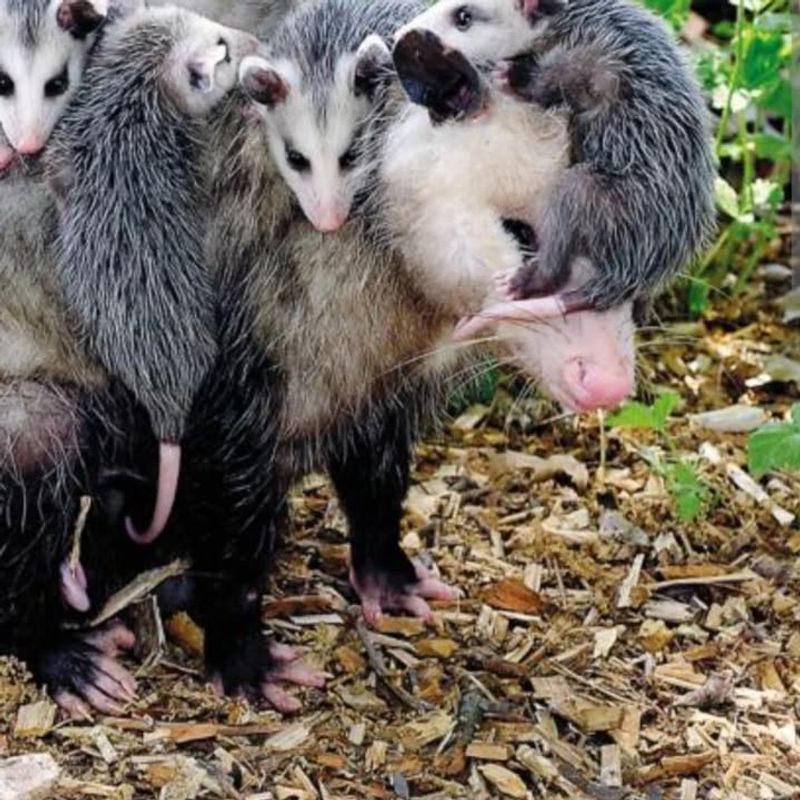
Female possums carry their babies in pouches, and if you remove a mother during spring or summer in Arkansas, you might orphan a whole litter of helpless joeys. These tiny marsupials can’t survive without their mom, and they’ll die slowly if left behind in your attic or under your porch.
Wait until fall when babies are independent and riding on mom’s back before attempting any removal. Better yet, contact a wildlife rehabilitator who can check for babies and relocate the whole family safely together.
7. Professional Removal Costs More Than Prevention
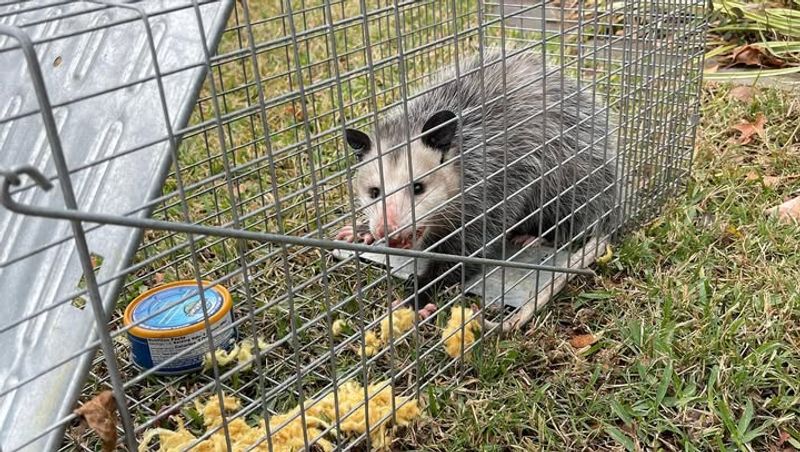
Hiring a licensed wildlife removal company in Arkansas typically costs between two hundred and five hundred dollars depending on your situation and how many visits are needed. That money goes toward trapping, relocating, and sealing entry points so possums don’t return to your property.
Spending twenty or thirty dollars on prevention supplies like hardware cloth, trash can locks, and motion sensors makes more financial sense for most homeowners. Prevention also lets the possums move along naturally without the stress of trapping or the risk of separating families.

